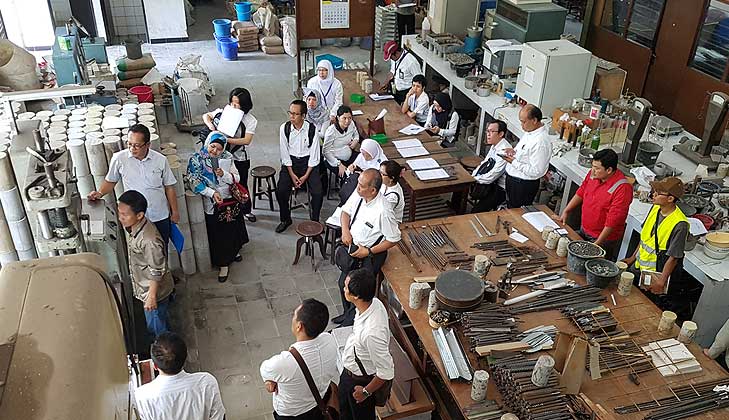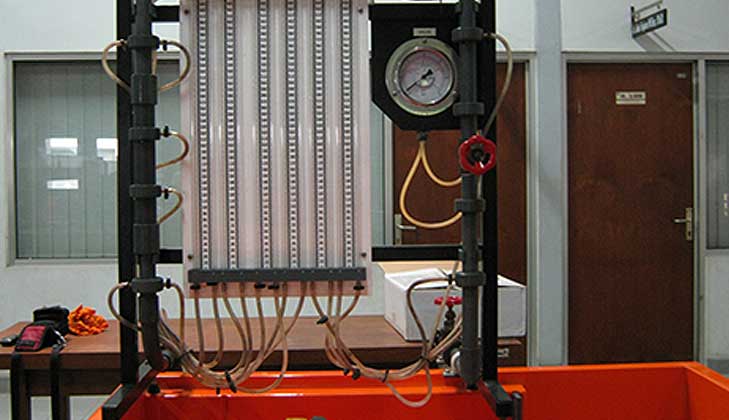Master Program in Civil Engineering
Master Program in Civil Engineering, Faculty of Engineering, Universitas Gadjah mada consist of five study concentrations, i.e. :
Structural Engineering
The courses in structural engineering covers design, implementation, management, and construction materials with the technical, economic and environmental aspects. Construction material development, methods of construction, structural design, earthquake resistant structures, bridge technique, recent precast and in-situ concrete technology, and construction management are some of the course topics in the program. It will give theoretical review and application corresponds to the problem solving for structure issues in the world. The course is delivered in two sessions, morning and afternoon session.
Hydraulic Engineering
Water use in daily life needs a good management from high quality human resources with comprehensive and good knowledge in hydraulic system. The students of this program, therefore, need to have an ability to accurately decide the appropriate, effective and sustainable water resource management. Poor management of water resources may cause several problems such as water loss, flood, water quality degradation, imbalance of water supply and demand, etc. In fact, Indonesia is rich in natural resources, such as swamps and coasts, which should be managed wisely. Hydraulic engineering program promotes course materials related to swamp and coastal management.
Geotechnics
Construction in civil engineering, either hydraulic, road and bridge, building or geo-engineering, is highly related to ground or rocks. The infrastructure damages and collapses may be caused common problems that are usually related to soil characteristics or rocks that did not suitable for construction requirements. The change of soil/rocks characteristics because of mechanical (soil strengthening) or chemical physics process will be the key to determine the construction stability. However, the infrastructure development is facing complex issues, e.g. tunnels, soft soil in swamp areas, hilly topography and steep slopes. Those soil characteristics definitely require specific and careful management leading to the fast growing use of natural or artificial synthetic materials. In respond to the issues related to Geo-Engineering, it requires a high quality human resources with good capability and advanced knowledge to decide the best step considering the technical, economy, social and environmental aspects.
Water Resource and Waste Water Management
The objective of this program is to have capable human resources to solve problems of water and wastewater treatment. The students will be able to design, construct, operate and maintain the water treatment plant to have good supply of drinking water for the community and to prevent environmental pollution due to wastewater.
Infrastructure and Building Material Technology Management
The program aims to produce competent human resources with capability to make any decisions on selecting the most appropriate building materials used for certain infrastructure project which considering the technical, economical and environmental aspects. The student should possess skill of infrastructure management (project and construction, operation and maintenance), and any subjects related to the improvement of current infrastructure function. Students will be able to maintain, measure, and evaluate infrastructure quality based on accurate technical knowledge, and to predict the costs necessary for the future benefits.





